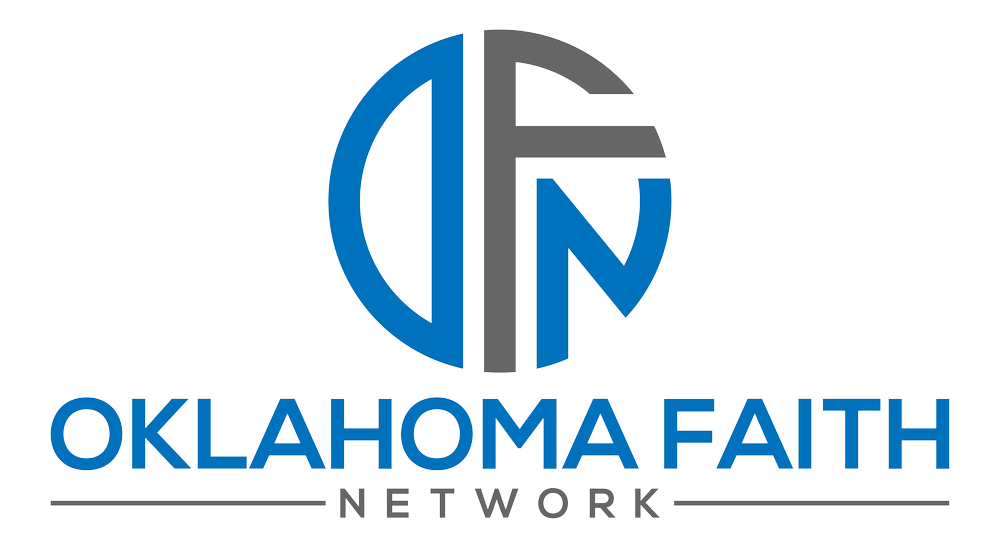How do you define “Christian nationalism”?
There are various definitions and understandings of Christian nationalism. The statement defines it as “a political ideology that seeks to merge Christian and American identities, distorting both the Christian faith and America’s constitutional democracy.” This handout has more information on how Christian nationalism is measured.
Is the United States a “Christian nation”?
This question could be referring to many things. The Constitution is clear that the country wasn’t founded for Christians or to prefer Christians. The U.S. Constitution created a system of government open to people of any faith – Article VI prohibits any religious test for public office. Sometimes when people say the United States is a Christian nation, they are referring to demographics. Most surveys find around 70% of the American population identify with Christianity, so it can be accurate to say that we are a majority-Christian nation. The numbers decrease when surveys go deeper to ask questions about frequency of engaging in Christian practices, such as prayer, Bible study or attending corporate worship services.
Can Christianity influence public policy?
As the statement affirms, “People of all faiths and none have the right and responsibility to engage constructively in the public square.” Separating the institutions of religion and government does not — and should not — silence religious voices in the public square. People approach voting and public policy from a variety of perspectives, including their religious beliefs and ethics. Often, there are religious viewpoints on multiple sides of a policy debate.
How is nationalism different from patriotism?
“Patriotism” is love of country that is expressed in many ways, such as waving an American flag, volunteering at a food bank, teaching in the public schools, serving in the military, running for public office, or protesting policies with which you disagree. “Nationalism” is an extreme form of patriotism that demands a position of superiority and has little or no room for dissent or disagreement.
Can you give some examples of Christian nationalism?
Examples of Christian nationalism can range from derogatory and exclusionary comments to issues of life and death. Christian nationalists often use the idea of Christianity or Christian language to demand conformity and promote policies and behaviors that solidify their power or status against others. “Christian nation” mythology is often used to marginalize non-Christians in political activity. Some of the white nationalists who marched through Charlottesville wore cross necklaces while chanting “Jews will not replace us.” Christian nationalism in the hands of extremists can lead to acts of violence, such as the shootings at Mother Emanuel AME Church in Charleston, South Carolina, and Chabad of Poway synagogue near San Diego, California. At times, these violent acts are perpetuated by those who mix Christian theology with nationalist ideas of exclusion and superiority.
Why link Christian nationalism and racism?
The statement says that Christian nationalism “overlaps with and provides cover for white supremacy and racial subjugation.” The deep, abiding problem of racism in this country is much larger than this project, and yet it is undoubtedly connected to this conversation. We recognize the overlap between Christian nationalism and white supremacy and the fact that not all Christians or signers of this statement will view the connection in the same way.
Source: Christians Against Christian Nationalism
